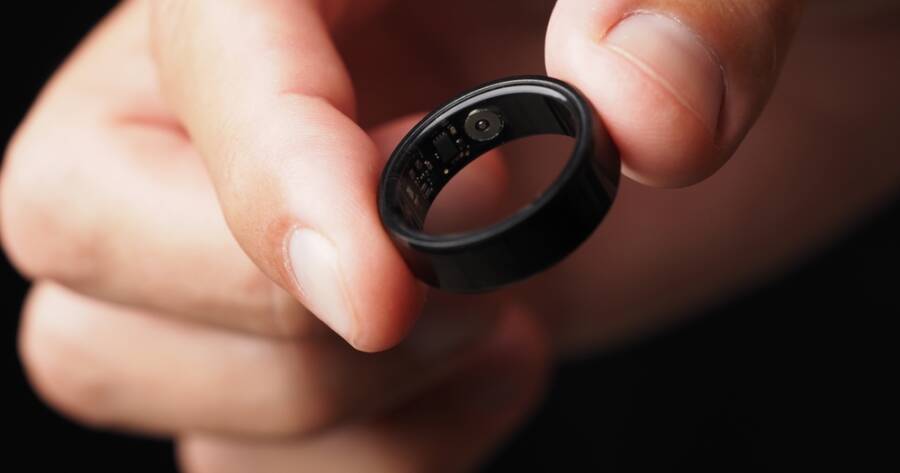The integration of technology into daily life has sparked a revolution in how individuals approach health and fitness. Wearable tech, ranging from smartwatches to health-monitoring clothing, is playing an increasingly vital role in personal well-being. While these devices have the potential to significantly enhance fitness and health monitoring, they are often best used as complements to professional advice and established health practices.
The Rise of Wearable Technology
Wearable technology has experienced rapid evolution over the past decade. From simple pedometers to advanced gadgets capable of tracking a wide range of health metrics, these devices are becoming more sophisticated.
Smartwatches, for instance, can track heart rate, sleep patterns, and even stress levels. The versatility and user-friendly interfaces of many wearables might encourage more users to engage actively in their health and fitness routines.
Tracking Fitness and Activity
Many wearable devices offer metrics like step count, distance traveled, and calories burned, which can provide users with insights into their activity levels.
With features that potentially adjust to the user’s fitness level, they may offer customized feedback and suggestions. While these metrics can be useful, it’s important to interpret them within the broader context of individual health goals and constraints.
Monitoring Health Metrics
Beyond fitness, wearable devices can monitor various health metrics, including heart rate variability and oxygen saturation. Some smartwatches can even offer ECG apps, providing data that users may choose to discuss with healthcare professionals.
However, while these features might offer useful insights, they should not be considered replacements for professional medical evaluations.
Mental Health and Wellness
Some wearables are designed with features that aim to support mental well-being. By tracking sleep patterns or offering guided breathing exercises, these devices can encourage mindfulness and stress reduction.
Though they may serve as helpful tools for some individuals, achieving mental wellness often involves multiple approaches, including lifestyle changes and professional guidance.
Wearable Tech and Personalized Fitness
Personalization is a growing trend in the world of fitness technology. Wearables can, in some cases, use data to offer exercise recommendations based on previous activity and health metrics.
This individualized approach has the potential to enhance motivation and adherence to fitness programs. However, the effectiveness of these recommendations may vary, and they should ideally be complemented with advice from fitness professionals.
Challenges and Considerations
While wearable tech offers many benefits, it also presents some challenges. Data privacy is a notable concern, as the personal health data collected can be sensitive.
Users should carefully consider the privacy policies and security measures of their devices. Additionally, the accuracy of some metrics might vary, and over-reliance on wearable tech could unintentionally overshadow professional medical advice.
The Future of Wearable Health Technology
Looking ahead, the evolution of wearable tech is poised to become even more integrated and sophisticated. Future developments might include better accuracy, real-time diagnostics, and improved data analytics, potentially offering even more comprehensive health insights. However, these advancements should still be approached with cautious optimism, as the ethical and practical implications continue to unfold.
Learn More Today!
Wearable technology is reshaping the landscape of health and fitness by offering users convenient ways to monitor their well-being. These devices may aid individuals who are seeking to improve their health awareness and engagement.
While they offer various benefits, the effectiveness and reliability of wearable tech should be considered alongside professional advice and traditional health practices. The synergy between technology and personal health will likely continue to evolve, fostering new opportunities for enhancing well-being responsibly.

